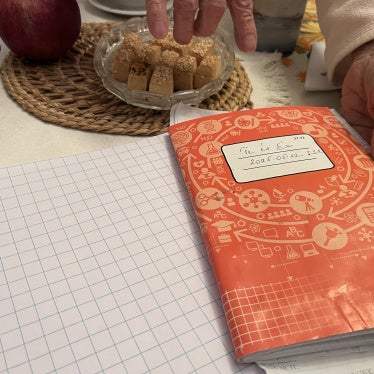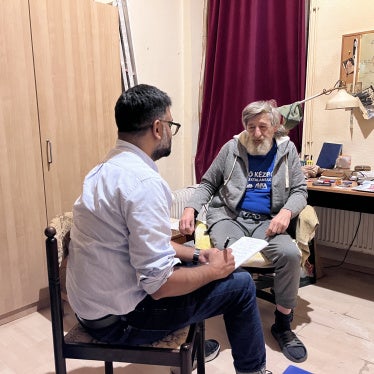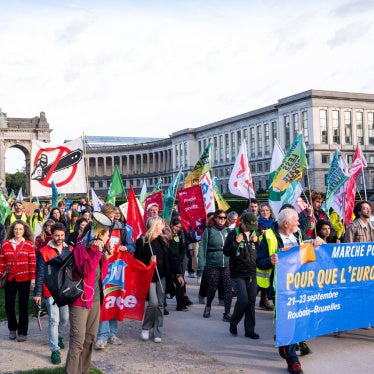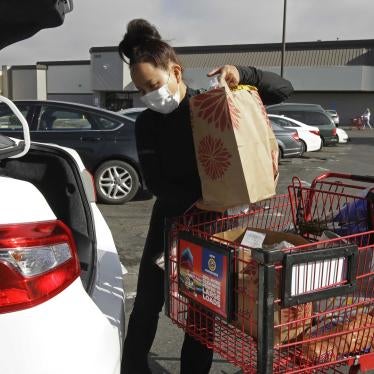“Farmers Have No Freedom”
Abuse and Exploitation of Cotton and Wheat Farmers in Uzbekistan

The Economic Justice and Rights Division works to build just economies based on respect for human rights. We investigate how the global economic system both drives inequality that undermines human rights and enables private actors to harm communities, workers, and the environment. Our work is driven by rigorous, thorough, and objective investigations. The Poverty and Inequality program exposes policies and practices that concentrate wealth in private hands at the expense of public well-being, challenging corruption, deregulation, privatization, and the dismantling and underfunding of tax-funded systems of social protection. Our Corporate Accountability program works to ensure that products and services are free from abuse or exploitation by holding businesses accountable for the human rights impacts of their operations, investments, and supply chains. Our work illuminates opaque and diffuse global supply chains and investment flows that obscure involvement in human rights abuses—from forced labor to environmental destruction—and advocates for stronger regulation of industries at home and abroad.
Abuse and Exploitation of Cotton and Wheat Farmers in Uzbekistan

Rising Poverty and Barriers to Adequate Food, Medicine, Energy

JBS and the EU’s Exposure to Human Rights Violations and Illegal Deforestation in Pará, Brazil

How Low Taxes Drove Sri Lanka’s Economic Crisis and Squandered its Education Lead


Gyula Balog (1959-2025) Was a Leading Voice for Housing Rights and Against Poverty

Scope of Directive Eroded, but Companies’ Due Diligence Obligations Remain

List of Issues - 79th Session
States Should Support Colombian Initiative for Minerals Treaty

UN Experts Describe System of Exploitation and Mistreatment

President von der Leyen’s Party Sides with Far-Right to Kill Climate Transition Plans

Treaty Should Guarantee Workers’ Rights

Disproportionate Impact on Children, Black Families, Adults with Disabilities

Governments Should Next Turn Talk into Action
